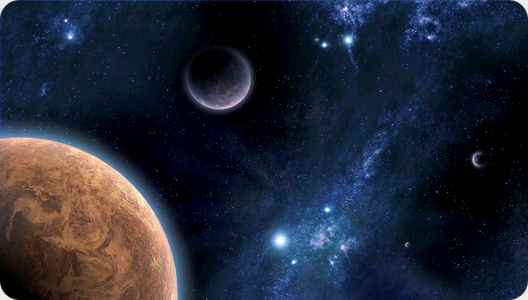At first, the claim that atheism is a religion might sound ridiculous.
It certainly can be a surprising claim.
And it’s one that many people, including western atheists, might initially dismiss out of hand.
But there’s more to the story here.
There is a case to be made that, in a very real sense, atheism is a religion.
A Word About Words
Words mean what people use them to mean. So whether atheism counts as a religion will depend on how you use the term “atheism” and how you use the term “religion.”
There is no single right way or wrong way to use terms. Their boundaries can be drawn differently by different people, and their meanings can change over time.
As a result, I’m not going to be claiming in this piece that there is a single right or wrong way to define our two terms.
In fact, I don’t really care about the terms. What I’m interested in is the reality that the two terms represent.
My claim, therefore, is that the reality of what is commonly called “atheism” has much in common with the reality of what is commonly called “religion.”
The two have so much in common that there is a sense in which atheism can be seen as a religion.
“Are You A Christian?”
A prima facie or “at first glance” case for the claim that atheism can be seen as a religion can be found in the answer an atheist might give to the question “Are you a Christian?”
When presented with this question, an atheist may reply, “No, I’m an atheist.”
On the other hand, if he was instead presented with the question, “Are you a Jew?” he might again reply, “No, I’m an atheist.”
If he had been asked, “Are you a Buddhist?” or “Are you a Muslim?” or “Are you a Hindu?” he might well give the same answer: “No, I am an atheist.”
This suggests that being an atheist is analogous to being a Christian, a Jew, a Buddhist, a Muslim, or a Hindu.
And that, in turn suggests that atheism is analogous to Christianity, Judaism, Buddhism, Islam, and Hinduism.
In other words, atheism, too, can be seen as a religion.
Now let’s ask a question that will let us go deeper into the subject . . .
Why?
Why is it possible to view atheism as a religion?








